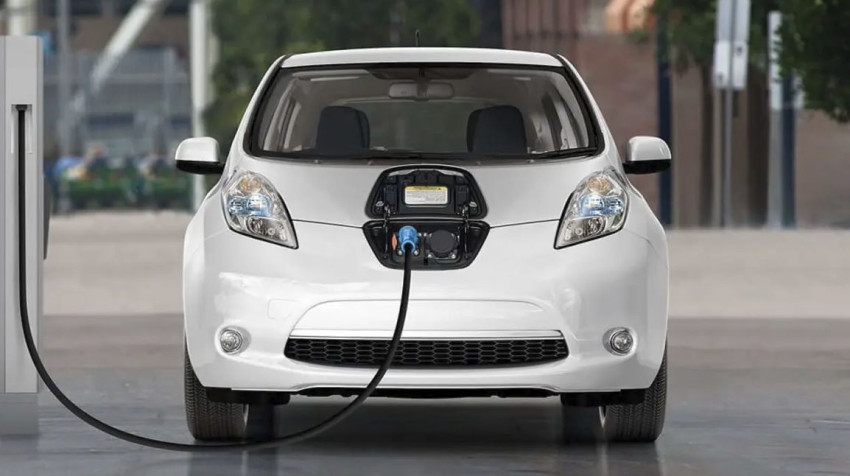
Introduction:
In recent years, the automotive industry has witnessed a monumental shift towards electric cars, revolutionizing the way we think about transportation. With concerns about climate change and the environmental impact of fossil fuel-powered vehicles, the rise of electric cars offers a promising solution. This article explores the benefits, challenges, and the future of electric cars, showcasing their potential to reshape the automotive landscape.
1. Environmental Benefits:
One of the most significant advantages of electric cars is their positive impact on the environment. Unlike traditional gasoline or diesel vehicles, electric cars produce zero tailpipe emissions, reducing air pollution and greenhouse gas emissions. By transitioning to electric vehicles (EVs), we can significantly lower carbon dioxide levels, combat climate change, and improve air quality in urban areas. Furthermore, as renewable energy sources become more prevalent, charging electric cars with clean energy will contribute to a cleaner and greener future.
2. Cost Savings:
Electric cars offer long-term cost savings for consumers. Although the initial purchase price of an electric vehicle is often higher than that of a conventional car, the operational costs are considerably lower. The price of electricity is generally more stable than gasoline prices, and charging an electric car is typically cheaper than refueling a traditional vehicle. Moreover, electric cars require less maintenance due to fewer moving parts and no oil changes, leading to reduced maintenance costs over the vehicle's lifetime.
3. Technological Advancements:
The rapid advancement of technology has played a vital role in the proliferation of electric cars. Lithium-ion batteries, the primary power source for electric vehicles, have become more efficient, allowing for increased driving ranges and shorter charging times. Furthermore, the development of fast-charging infrastructure has addressed the issue of range anxiety, making electric cars a viable option for long-distance travel. Innovations in autonomous driving and connectivity have also been integrated into electric vehicles, enhancing safety features and improving the overall driving experience.
4. Government Incentives and Support:
To accelerate the adoption of electric cars, governments around the world are implementing various incentives and support programs. These include tax credits, rebates, and subsidies to reduce the purchase price of electric vehicles. Additionally, governments are investing in the expansion of charging infrastructure, making it more convenient for electric car owners to recharge their vehicles. Such initiatives encourage consumers to make the switch to electric cars, further driving the market demand.
5. Challenges and Future Outlook:
While the electric car industry continues to grow, there are still challenges to overcome. Limited charging infrastructure in some regions, especially in rural areas, remains a hurdle. However, efforts are underway to address this issue through collaborations between governments, automakers, and charging infrastructure providers. Additionally, advancements in battery technology and research into alternative energy storage methods, such as solid-state batteries, hold promise for further improving electric car performance.
Looking ahead, the future of electric cars appears bright. Automakers are increasingly investing in electric vehicle development, with many pledging to transition their entire vehicle lineups to electric in the coming years. As battery costs decline and range improves, electric cars will become more accessible to a broader range of consumers, leading to increased adoption. Moreover, the integration of electric cars with renewable energy systems, smart grids, and vehicle-to-grid technology will create a symbiotic relationship between electric vehicles and the energy sector.
Conclusion:
The rise of electric cars signifies a transformative shift in the automotive industry. With their environmental benefits, cost savings, technological advancements, and government support, electric cars are poised to become the future of sustainable mobility. As the world embraces the transition to electric vehicles, we move closer to a cleaner, greener, and more sustainable future.





